Product Notices
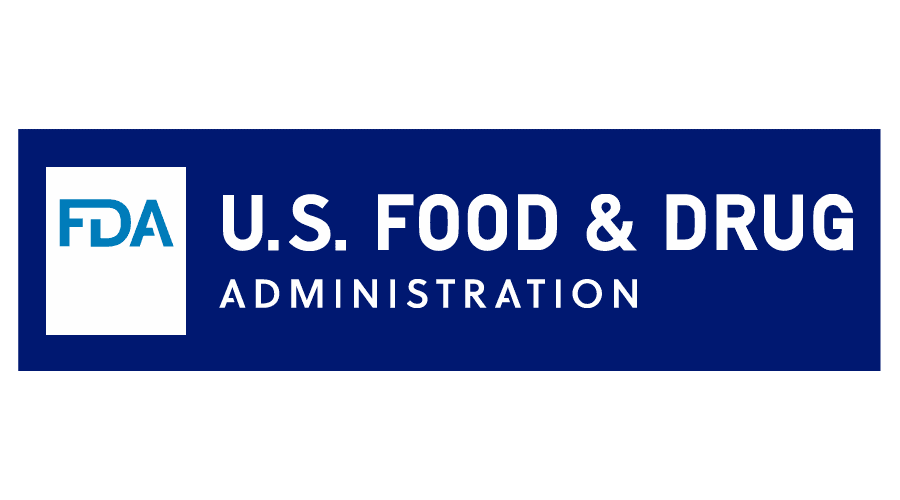
Subscribe to FDA Alerts & Recalls
The FDA alerts and recalls provide information gathered from public notices and press releases about food allergen related recalls of FDA-regulated products. Not all recalls have press releases. FAACT will only post Product Notices reported by the FDA, USDA, and manufacturers regarding the top 9 food allergens recognized by the FDA. FAACT will not post non-food items with the exception of medications, under the advisement of our Medical Advisory Board. See Archives to sort by specific allergen.
How to Report Product Problems and Complaints to the FDA
Subscribe to USDA Alerts & Recalls
*NOTE: FAACT is no longer posting Alerts/Recalls from FDA or USDA via our website. Please subscribe directly with them for all Alerts/Recalls. We will post Product Notices from companies who contact us.
 U.S. Food & Drug Administration
U.S. Food & Drug Administration
Guidance for Industry: Questions & Answers Regarding
Food Allergen Labeling (Edition 5)
Final Guidance for Industry: Questions and Answers Regarding Food Allergens, Including the Food Allergen Labeling Requirements of the Federal Food, Drug, and Cosmetic Act (Edition 5). There are several changes outlined in the final guidance below.
- Section B.6 (page 9 and 10) – The draft guidance had included text which indicated that ingredients derived from certain parts of an allergenic source such as roots, leaves, stems, bark, and other parts that are distinct from the allergenic portion of the plant (the tree nut kernel in their original example) which would contain the characterized allergenic proteins and would therefore not be considered as allergenic ingredients. The FDA has removed this narrative from the final guidance and now focuses on whether protein is present from the allergenic source (not component from the source) and references the Food Allergen Labeling Exemption Petitions and Notifications Guidance from 2015.
- The FDA considers milk from domesticated cows, goats, sheep, and other ruminants to fall under the definition of 'milk' for purposes of major allergen labeling requirements. See Sections C.1 and C.2 (page 13).
- The FDA considers eggs from domesticated chickens, ducks, geese, quail, and other fowl to fall under the definition of 'eggs' for purposes of major allergen labeling requirements. See Sections C.3 and C.4 (pages 13 and 14).
- The list of tree nuts which the FDA considers to be major tree nut allergens has been revised to now focus on 9 tree nuts – almond, Brazil nut, cashew, hazelnut/filbert, macadamia nut/bush nut, pecan, pine nut/pinon nut, pistachio, and walnut (black, California, Heartnut/Japanese, English/Persian) – See Table 1 on page 15 of the guidance document – Section C.7.
- The draft version of the guidance had also contained beach nut, butternut, chestnut, chinquapin, coconut, cola/kola nut, ginkgo nut, hickory nut, palm nut, pili nut, and sheanut/shea nut which are now removed from the list of major tree nut allergens.
- The FDA clarified on the top of page 16 (Section C.8) that only the tree nuts listed in Table 1 are considered major food allergens and therefore only these tree nuts should be included in a Contains statement if one is used as the Contains statement should be reserved for major food allergens only. Other tree nuts that are not considered major food allergens would still need to be declared by their common or usual name in the ingredient list per general labeling regulations (21 CFR 101.4) if used as an ingredient in the product formulation.
- Final Guidance for FDA Staff and Interested Parties: Evaluating the Public Health Importance of Food Allergens Other Than the Major Food Allergens Listed in the Federal Food, Drug, and Cosmetic Act. The criteria that the FDA proposed follows the same criteria of prevalence, potency, and severity that was recommended by the FAO/WHO expert committee.
- The draft version of the guidance had also contained beach nut, butternut, chestnut, chinquapin, coconut, cola/kola nut, ginkgo nut, hickory nut, palm nut, pili nut, and sheanut/shea nut which are now removed from the list of major tree nut allergens.
- Section D.13 (page 22) – the FDA comments on the use of 'free-from' claims indicating that these voluntary claims can be used if they are truthful and not misleading. The agency indicated that they would expect a product bearing such free-from claims to not contain any of the stated free-from allergenic source, including unintended residue due to cross-contact. The FDA indicated that "a product with an allergen-free claim should not have an advisory statement that includes the same allergen. For example, a product that has a "may contain milk" statement should not also bear a "milk-free claim."
- While coconuts and other nuts are no longer considered major food allergens, it may take some time to see labels updated.
May 16, 2023: CPG Sec 555.250 DRAFT: Major Food Allergen Labeling and Cross-contact
This draft guidance, when finalized, will replace existing guidance, CPG Sec 555.250 Statement of Policy for Labeling and Preventing Cross-contact of Common Food Allergens, for FDA staff on FDA's enforcement policy regarding major food allergen labeling and cross-contact.
Download the Draft CPG Guidance
December 22, 2020: The U.S. Food & Drug Administration posted a warning letter issed to Whole Foods Market for a pattern of receiving and offering for sale misbranded food products necessitating a series of food recalls for allergens.
October 1, 2020: FDA Releases Results on Sampling of Dairy-Free Dark Chocolate for Milk Allergen
May 21, 2015: IMPORTANT MESSAGE FROM THE FDA: What FDA Learned About Dark Chocolate and Milk Allergies
University of Nebraska-Lincoln Food Allergy Research and Resource Program
FARRP, founded by Steve Taylor, was established in 1995 as an industry-funded consortium and cooperative venture between the University of Nebraska and seven founding industry charter members. Today, FARRP has more than 105 member companies, 8 Faculty members, more than 25 staff members and several graduate students. Dr. Joe Baumert, a FAACT medical advisor, is the Director.
FARRP has two primary missions:
Mission 1:
Develop and provide the food industry with credible information, expert opinions, tools, and services relating to allergenic foods.
Mission 2:
Develop and provide the food and related industries with credible information, expert opinions, tools, and services relating to novel foods and food ingredients including genetically modified products.
FARRP takes a comprehensive approach working with and collaborating with research institutions, governmental authorities, consumer groups, and scientific societies around the globe to share our experience and knowledge to improve the safety of food products for consumers with food allergies and sensitivities.
The majority of food manufacturers/producers react speedily and responsibly when they hear that one of their products may have caused a reaction, but unfortunately not all do. If you feel the response you got from the food manufacturer/producer was not satisfactory, you can contact the FARRP laboratory directly to discuss the possibility of having the suspected food analyzed. The lab personnel will require details from the food packaging so have it to hand when you call. Even if the food manufacturer responds appropriately and even if they ask for the remaining food, you may wish to send a portion of the food to the FARRP laboratory for analysis; this is your decision.
The telephone number to call is 402-472-4484. The lab is open 8:00 am - 5:00 pm Monday - Friday (central time zone). It is closed weekends, Martin Luther King Day, Memorial Day, Independence Day, Labor Day, Thanksgiving (Thursday and Friday), and the week of Christmas Eve to New Years Day.
- Life-Saving Food Safety Issues
- For Consumers
- Confidential Analysis
- Confidential Analytical Testing - Methods & Pricing
- Sample Analysis Request
Subscribe to FDA Alerts
Product Notices

The safety and wellbeing of our consumers is Mars Wrigley’s number one priority. M&M'S® encourages consumers with peanut allergies to read the labels associated with any M&M’S® products. In particular...
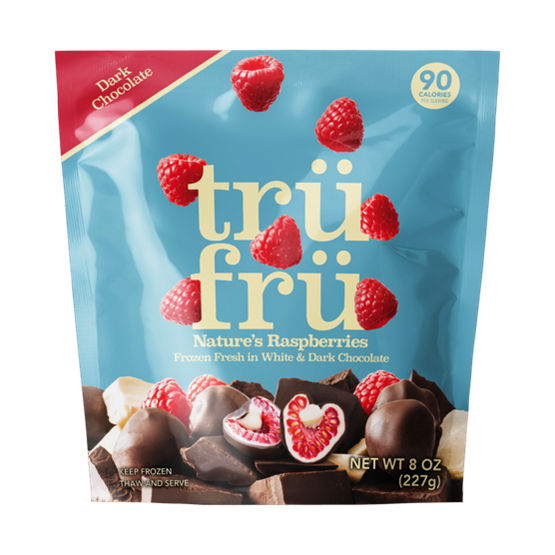
Tru Fru LLC is in the process of transitioning labeling for our Nature’s Raspberry, Nature’s Strawberry, Nature’s Blueberries and Nature’s Cherries Hyper-Chilled products. We are changing the allergen...
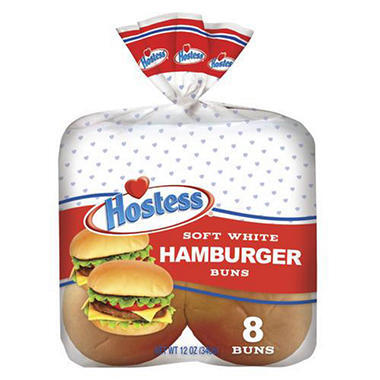
Hostess Brands, LLC would like you to know that starting December 19, 2022, our Hostess® Hamburger Buns will contain sesame.
The ingredient list and allergen statement on the Hostess® Hamburger Buns ...
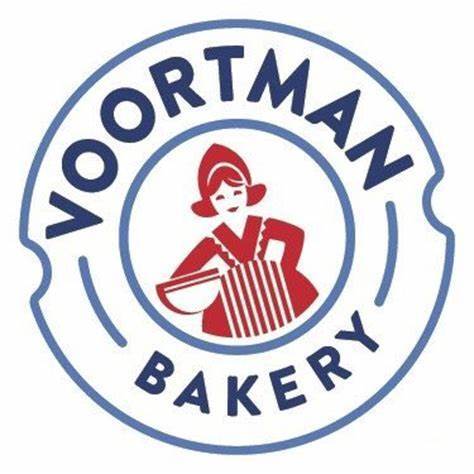
Voortman Bakery Product Notice
Voortman Cookies Limited would like you to know that starting August 1st 2021, Voortman Cookies is updating its recipes for Voortman® branded cookie and wafer offerings to include both eggs and milk. ...
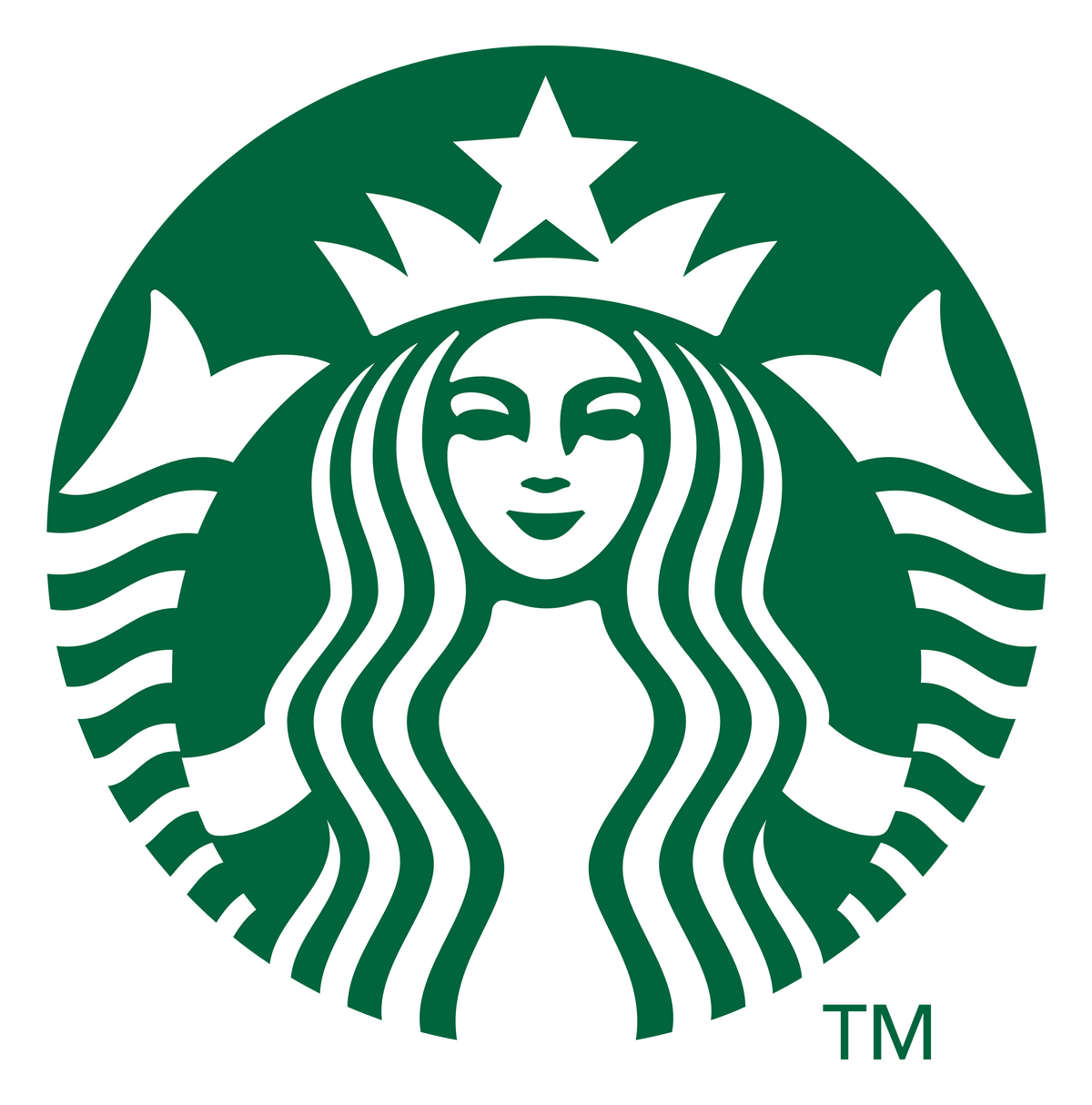
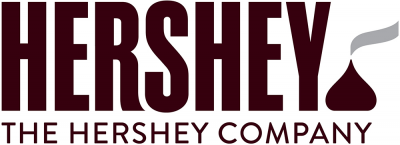
The Hershey Company Will Begin to Add "Contains" Statements to Labels as an Additional Allergen Callout
At The Hershey Company, we have robust allergen control practices in place across all of our operations. We have a wide variety of products with different allergen profiles; thus, we have plenty of ex...
.jpg)
Storck USA, LP would like US consumers to know that all Knoppers® branded items, in all pack sizes and configurations now contain peanut.
Specifically, the items identified by the following UPCs:
-
...
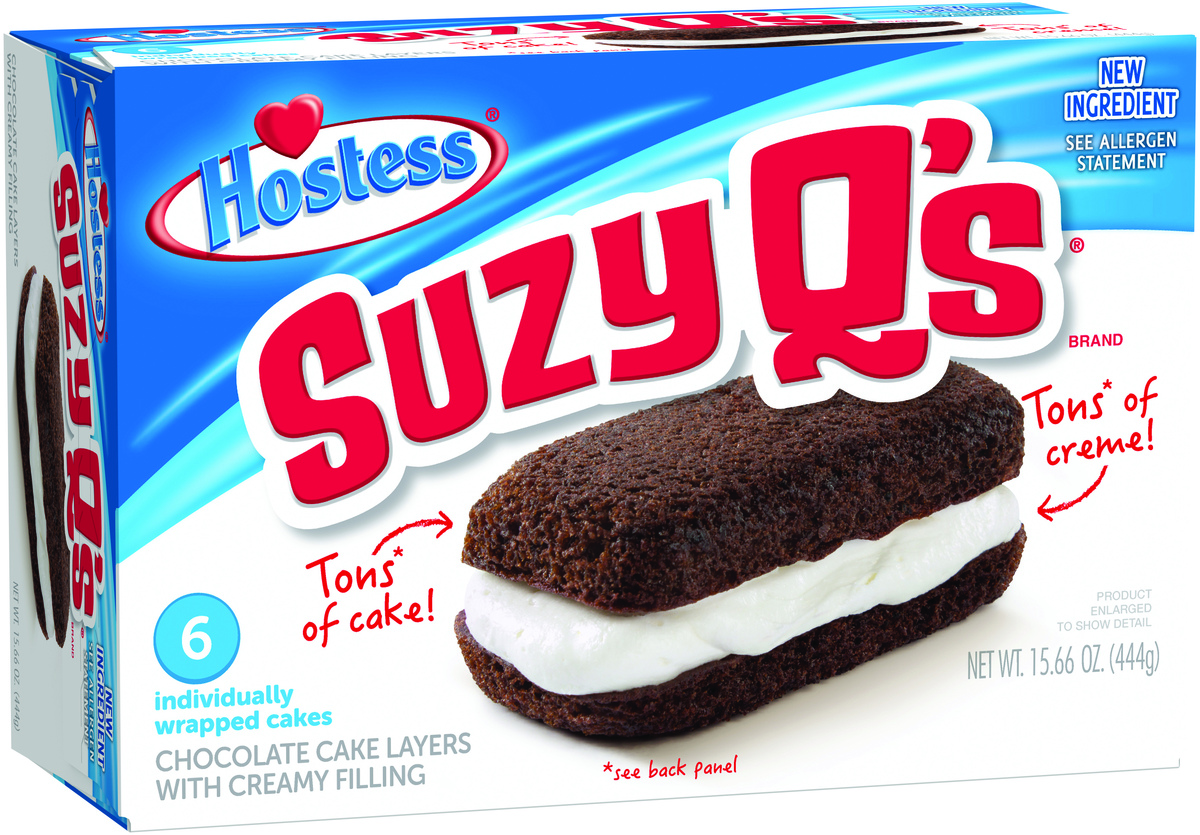
Hostess Brands, LLC would like you to know that all Hostess® Suzy Q’s® items, in all pack sizes and configurations, manufactured on or after February 3, 2020 will contain peanut flour. Specifically, t...
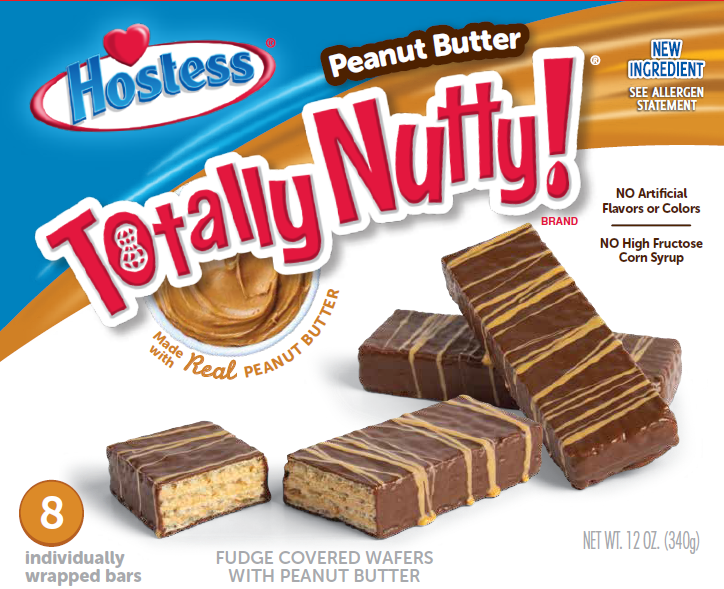
Hostess Brands: Notice of Allergen Change (Egg)
Hostess Brands, LLC would like you to know that all Hostess® Totally Nutty® items, in all pack sizes and configurations, manufactured on or after November 4, 2019 will contain egg. Specifically, the i...
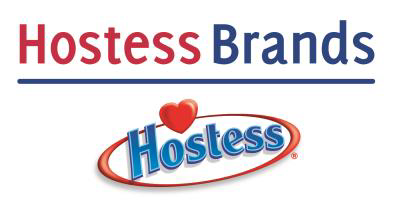
March 22, 2019: Hostess Brands, LLC would like you to know that starting April 28, 2019, some snack cake offerings will contain either whole eggs or milk.
The flavors that will contain whole eggs are...

